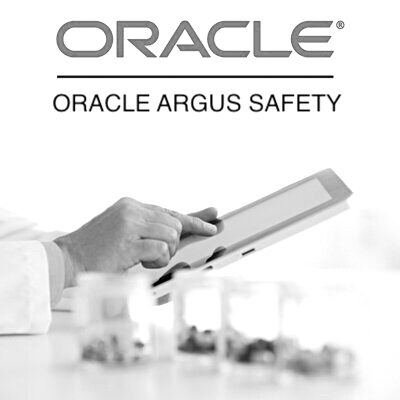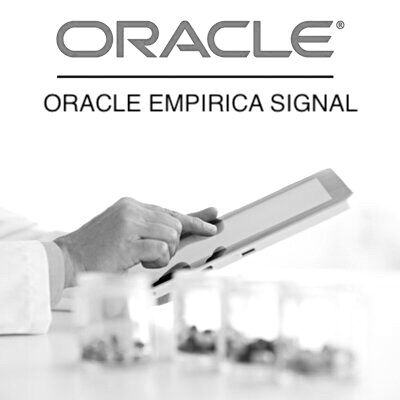Medical Review in Pharmacovigilance
Medical review in pharmacovigilance refers to the process of reviewing individual case safety reports (ICSRs) of adverse events (AEs) associated with a drug. Medical review involves the evaluation of the clinical information provided in the ICSR, including the medical history of the patient, concomitant medications, and other relevant factors, in order to determine whether the reported AE is related to the use of the drug.
The medical review process is typically carried out by medical professionals, such as physicians, pharmacists, or nurses, who are trained in pharmacovigilance and have expertise in the therapeutic area of the drug. The medical reviewer may also consult with other healthcare professionals or experts, such as toxicologists or epidemiologists, as needed.
During the medical review process, the medical reviewer evaluates the information in the ICSR to determine the causality, severity, and expectedness of the AE. They may also identify any potential drug interactions or underlying medical conditions that could be contributing to the AE.
The medical review process is an important component of pharmacovigilance, as it helps to identify safety signals and potential risks associated with the use of a drug. The information gathered during medical review is used to inform risk management decisions, such as changes to the drug’s labeling or prescribing information, or the implementation of additional safety measures.
Overall, medical review is a critical component of pharmacovigilance, as it helps to ensure the safety and efficacy of drugs on the market and protects the health of patients.
You may be interested in the programs below:
-
 eLearning + software
eLearning + softwareOracle Argus Safety Essentials
$599.00 -
 eLearning + software
eLearning + softwareOracle Argus Safety Essentials + Console
$799.00 -
 Live Online
Live OnlineOracle Argus Safety – Live Online
$999.00 -
 Live Online
Live OnlineOracle Argus Safety + Console – Live Online
$999.00 -
 eLearning + software
eLearning + softwareOracle Empirica Signal
$599.00 -
 Live Online
Live OnlineOracle Empirica Signal – Live Online
$999.00 -
 eLearning + software
eLearning + softwareDiploma in Pharmacovigilance
$799.00 -
 eLearning + software
eLearning + softwareArgus Safety – Business Configuration and Administration
$599.00
